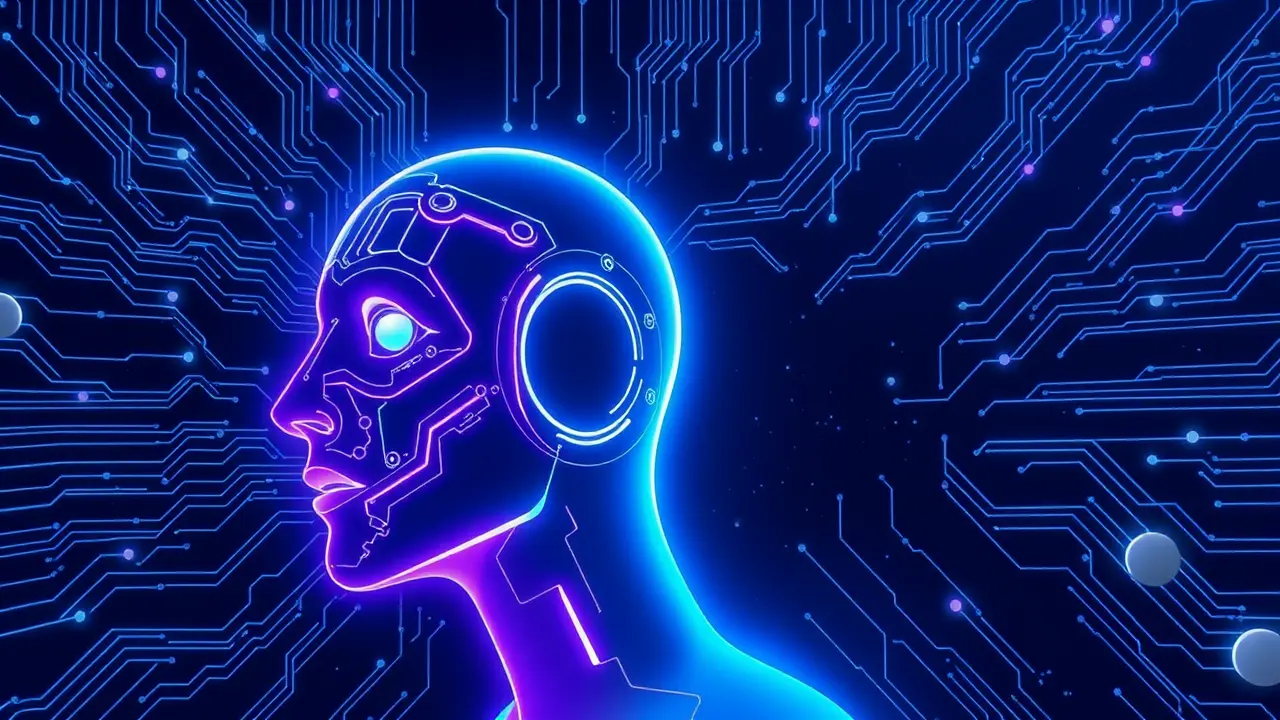Gentler ChatGPT Alternative: Meet Claude AI
The AI landscape, long dominated by the formidable presence of OpenAI's ChatGPT, is witnessing the rise of a compelling and philosophically distinct challenger in Anthropic's Claude AI. For those impressed by the raw capability of large language models but harboring deep reservations about the corporate trajectories and ethical frameworks of tech behemoths, Claude emerges not merely as an alternative, but as a deliberate counter-narrative.Anthropic, founded by former OpenAI research executives with a pronounced focus on AI safety, has engineered Claude from the ground up with a constitutional AI approach—a foundational pledge to prioritize helpfulness, harmlessness, and honesty. This isn't just a different set of parameters; it's a fundamentally different ethos, akin to the philosophical schism in open-source development between proprietary walled gardens and community-driven transparency.Where ChatGPT can sometimes exhibit a startlingly brusque or unpredictably creative edge, Claude is often described as more measured, coherent, and, crucially, steerable, reflecting its training to adhere to a set of principled instructions that act as a built-in ethical compass. This development is monumental within the broader context of the AGI debate, representing a tangible fork in the road: one path accelerates capability at all costs, while the other, embodied by Anthropic, insists on building alignment and robustness into the model's very architecture.The implications stretch far beyond user preference for a 'gentler' chatbot interface. For enterprises, particularly in regulated sectors like healthcare, law, and finance, Claude's auditable and less prone-to-hallucination responses present a lower-risk pathway to AI integration.For researchers, its capacity for handling massive context windows allows for the nuanced analysis of entire codebases or lengthy legal documents with consistent reasoning. And for the public, it offers a vision of AI development that is not inextricably tied to the data-hungry, scale-is-all dogma of Big Tech, but is instead guided by a charter of public benefit.The arrival of a viable, independent contender like Claude checks the unchecked momentum of a monopolized AI future, forcing a necessary and healthy competition not just on performance benchmarks, but on the very principles that will govern our increasingly automated world. It is a living experiment in whether a model can be both profoundly capable and inherently safe, a question that will define the next decade of artificial intelligence.
It’s quiet here...Start the conversation by leaving the first comment.
© 2025 Outpoll Service LTD. All rights reserved.
